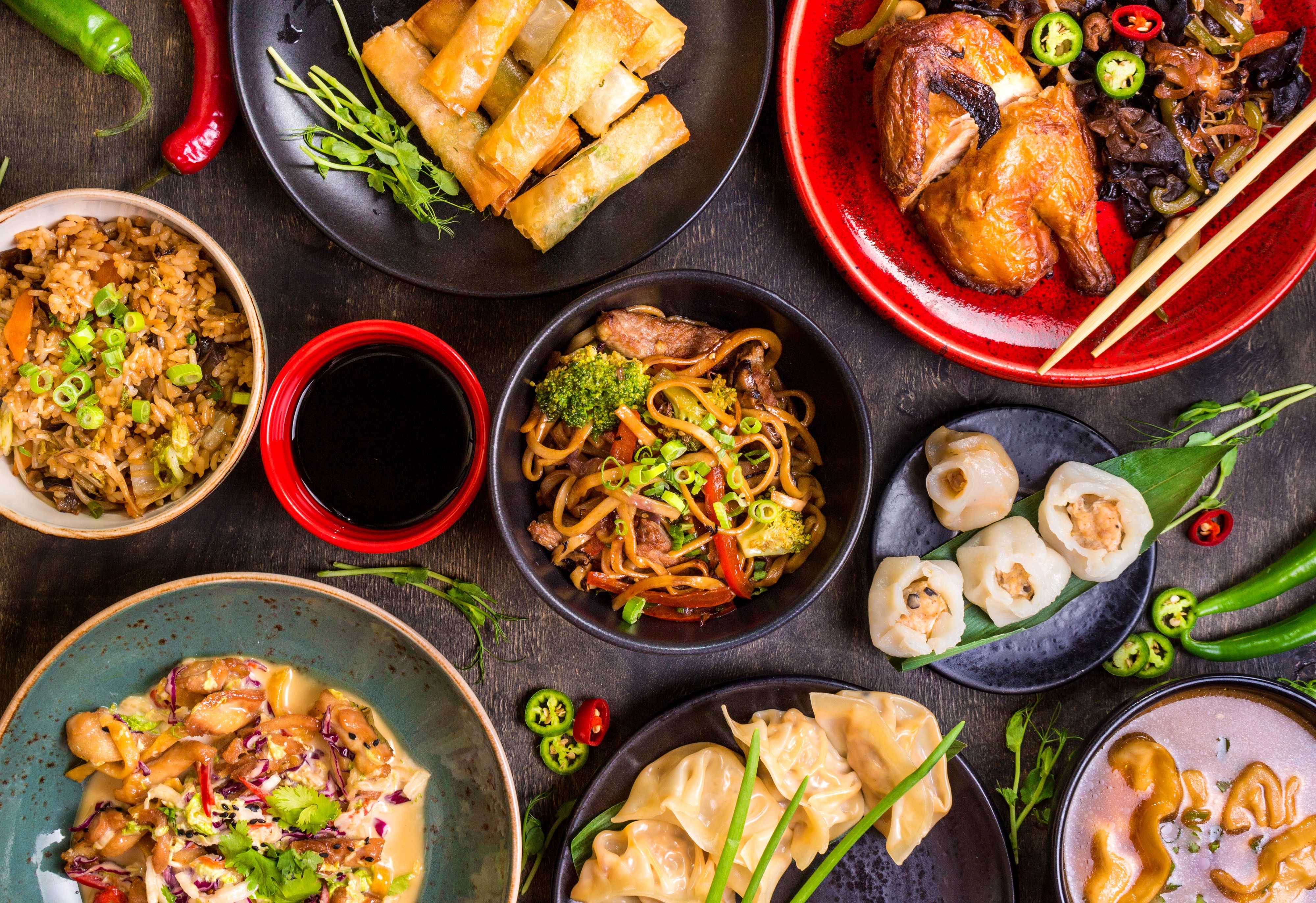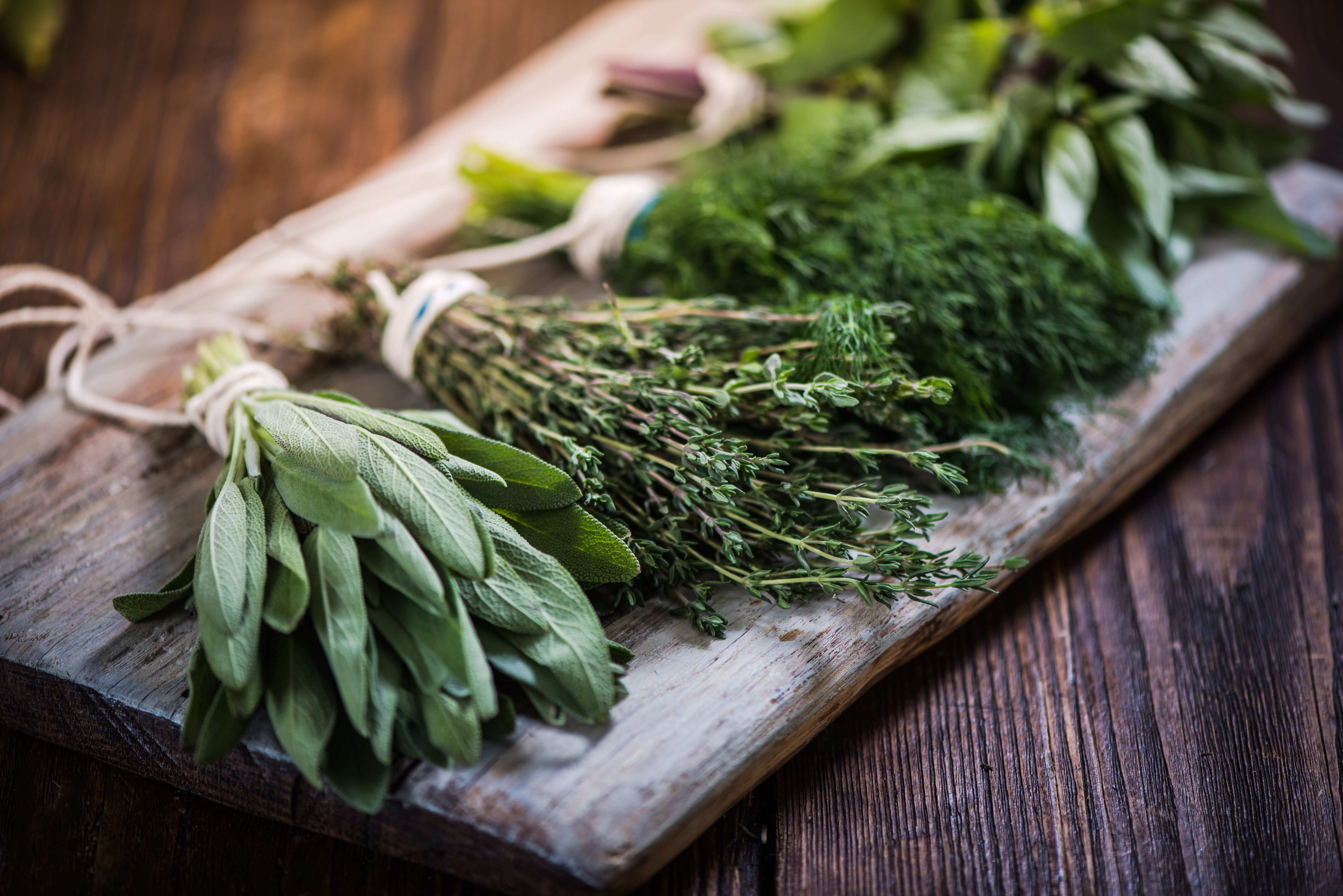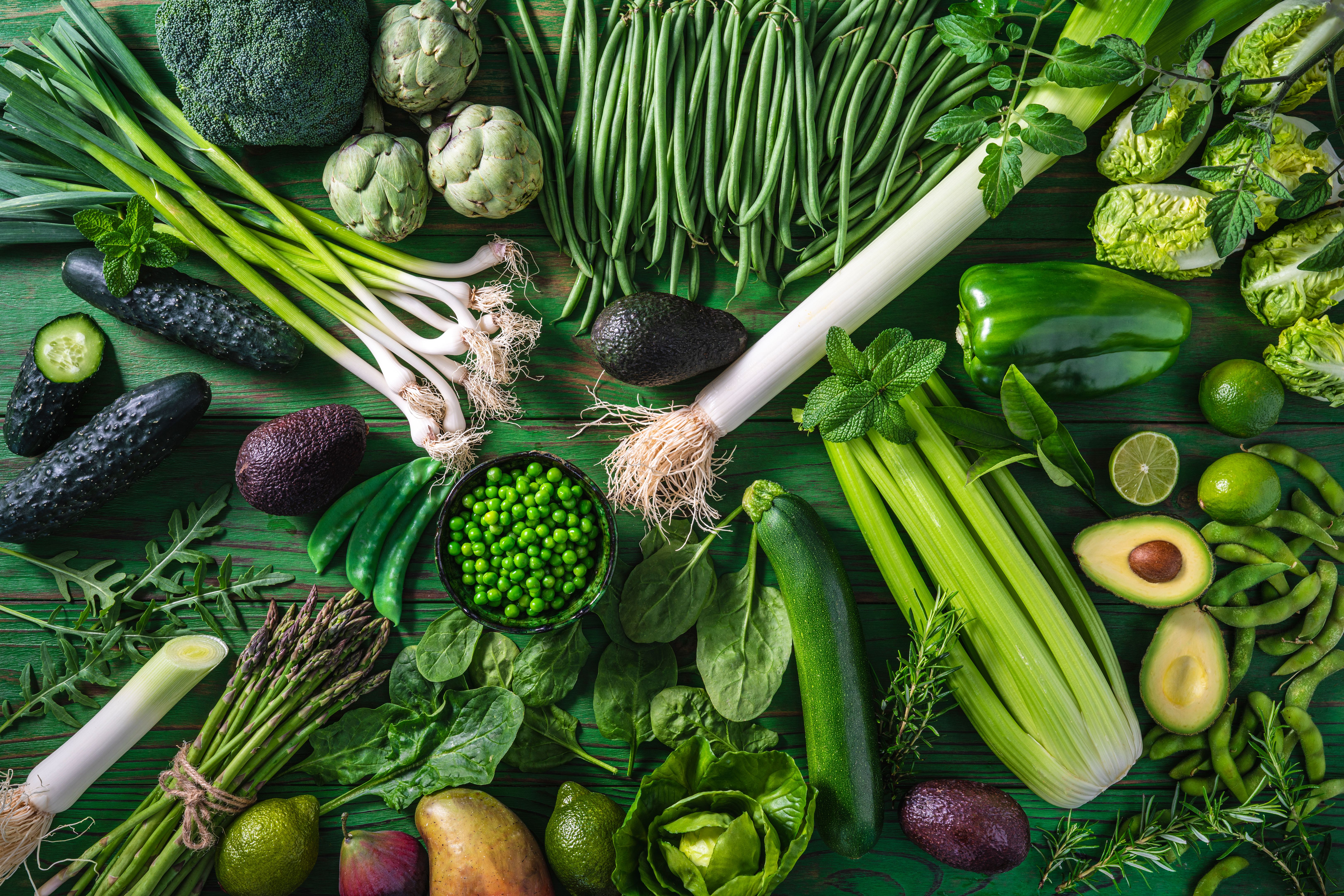Healing Flavors: The Role of Food and Spices in Chinese Medicine
The Ancient Art of Healing Through Food
In Chinese medicine, food is not merely a source of sustenance but a powerful tool for healing and maintaining balance in the body. This ancient practice views the act of eating as a holistic experience, where the choice of ingredients and their preparation can influence physical and mental well-being. The philosophy behind this approach is deeply rooted in the belief that food can harmonize the body's energies, known as Qi, and restore health.

The Five Elements and Their Corresponding Flavors
Chinese medicine categorizes foods based on the Five Elements theory, which includes Wood, Fire, Earth, Metal, and Water. Each element is associated with specific flavors that can impact bodily functions:
- Wood: Sour flavors are believed to support the liver and gallbladder.
- Fire: Bitter flavors are thought to benefit the heart and small intestine.
- Earth: Sweet flavors are said to nourish the spleen and stomach.
- Metal: Pungent flavors are linked to the lungs and large intestine.
- Water: Salty flavors are associated with the kidneys and bladder.
By incorporating a balanced spectrum of these flavors into meals, practitioners of Chinese medicine aim to maintain equilibrium within the body.
The Power of Healing Spices
Spices play a crucial role in Chinese medicine, offering therapeutic benefits that go beyond their culinary uses. Common spices such as ginger, garlic, and cinnamon are revered for their ability to enhance health and treat various ailments. For instance, ginger is known for its warming properties, making it effective in alleviating colds and improving digestion.

Cinnamon, on the other hand, is praised for its ability to stabilize blood sugar levels and improve circulation. Garlic is often used to boost the immune system and detoxify the body. These spices not only add flavor to dishes but also contribute significantly to overall health when used appropriately.
The Role of Seasonal Eating
Another fundamental aspect of Chinese dietary therapy is seasonal eating. The body’s needs shift with the changing seasons, and Chinese medicine encourages adapting one's diet to align with these natural cycles. During winter, warming foods like soups and stews are recommended to support the body's need for warmth and comfort.

In contrast, summer calls for cooling foods such as fruits and salads to counterbalance the heat. This approach not only promotes physical health but also ensures that individuals remain in harmony with nature's rhythms.
Incorporating Chinese Dietary Practices in Modern Life
Integrating the principles of Chinese medicine into a modern diet can be both rewarding and practical. Start by gradually introducing a variety of flavors into your meals and experimenting with traditional spices. Pay attention to how different foods affect your energy levels and overall well-being.
Consider exploring local markets for seasonal produce and learning new recipes that emphasize balance and harmony. By doing so, you can enjoy the benefits of this time-honored practice while embracing contemporary culinary trends.
Conclusion
The role of food and spices in Chinese medicine exemplifies an insightful approach to health that transcends mere nutrition. By understanding and applying these principles, individuals can cultivate a deeper connection to their bodies and the natural world. Whether you are looking to improve your health or simply explore new culinary horizons, the healing flavors of Chinese medicine offer a rich tapestry of benefits waiting to be discovered.